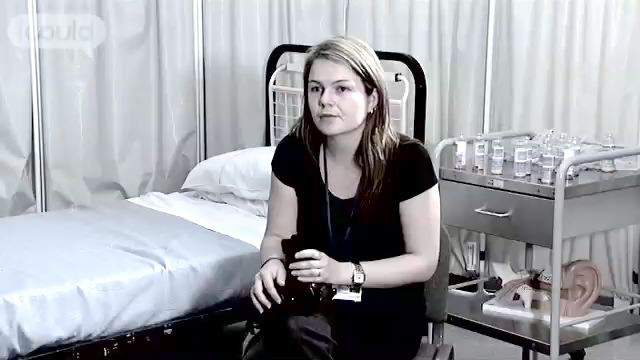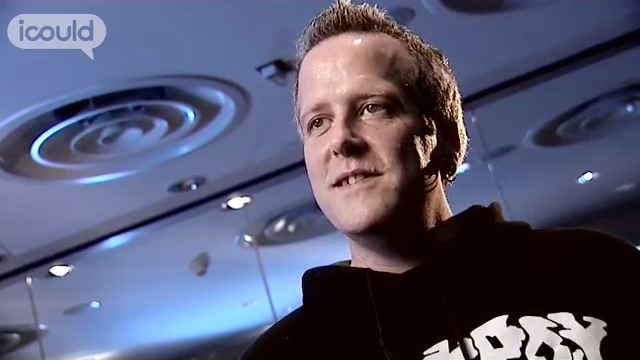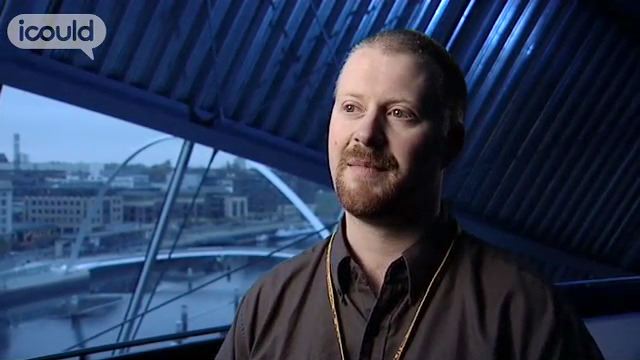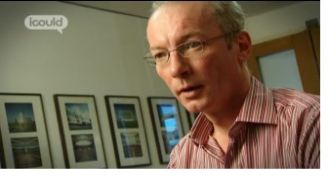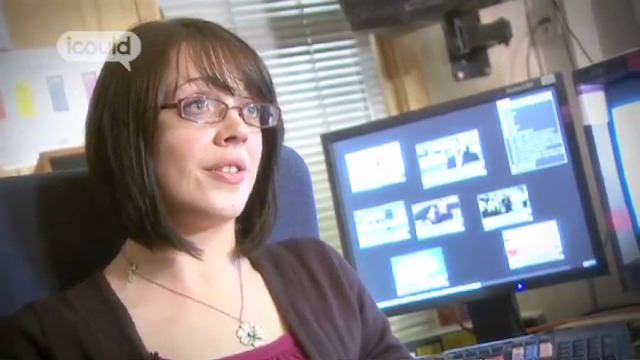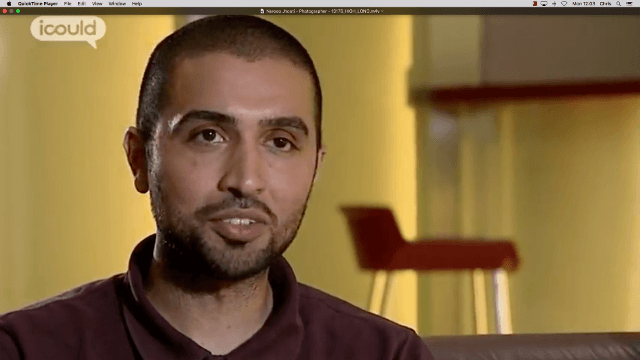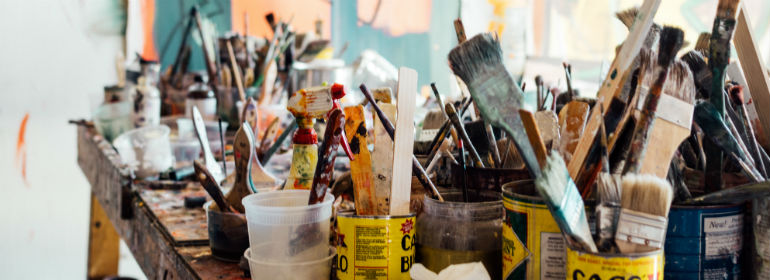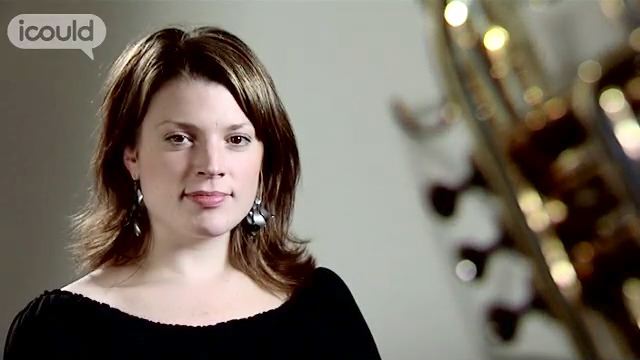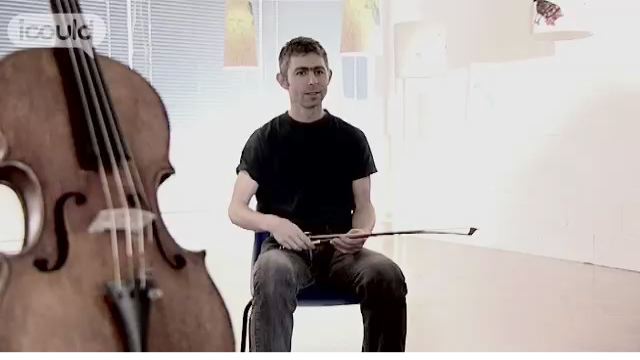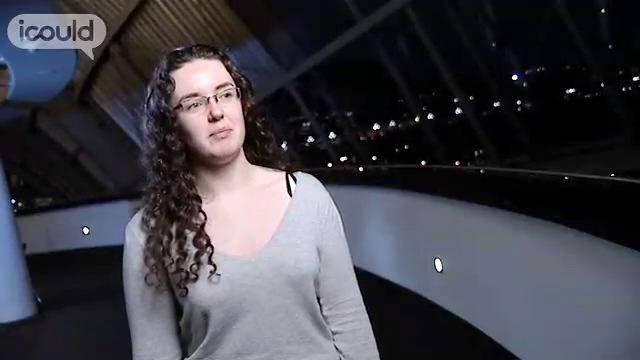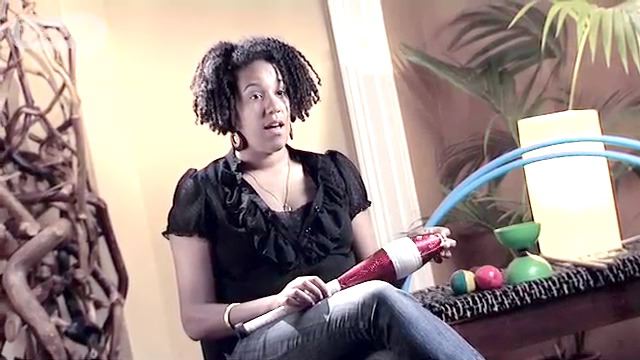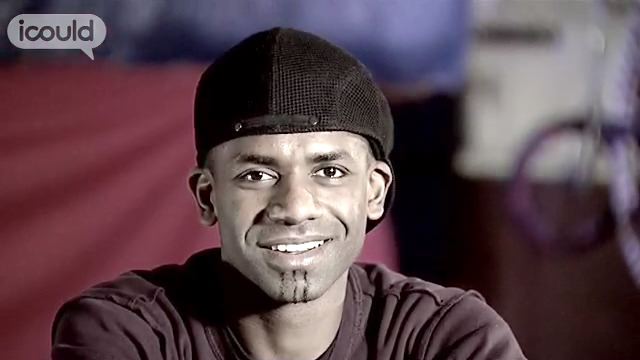Lighting Technician
Sage Gatehead
Neil C
00:00:02 My job title’s senior lighting technician here at the Sage, Gateshead. I light shows, I light anything that I’m asked to light or want to. On a show day, I’d start at nine or ten in the morning. We’d prepare the stage. The band would turn up maybe one o’clock in the afternoon. They’d go through sound check. I would program the lighting desk, program the looks and the states that I want for the show that evening. Run the show and then take it all down again at the end. So, finish midnight, one o’clock, two o’clock in the morning.
00:00:36 The best thing about my job, I think, is for me personally, it’s the moment before the band takes the stage. When I suddenly realise and still, I still realise that there are two thousand people effectively watching what I’m doing and it’s a wonderful rush feeling from that.
00:00:55 I never knew what I wanted to do. I’m not certain anybody does at 18 but I didn’t know…I didn’t have a clue what I wanted to do. I went to university because all my friends did when I was 18 and I was in the university bar one night and was asked if I wanted to work that night. There was a band in their main room doing a rehearsal for touring arenas and I went downstairs, helped unload it and just decided that actually, that’s what I wanted to do. It felt like somewhere I belonged. As soon as I started doing it, it felt right, it felt natural and I really enjoyed it. I went from not knowing people worked at gigs to being asked to do one thing and then working 50 hours a week doing it the next week. Working til three or four in the morning and loading trucks and things out in the cold and rain doesn’t really work with getting up for a nine o’clock lecture, so I dropped out of university.
00:01:54 The first band I ever worked for took me to a number of different places. They were a band called Thousand Yard Stare. The band called St. Etienne, I worked for them for two years. They were the first band to take me outside of Europe. I went to America and Japan and Iceland and lots of places in the northern hemisphere. That’s a strange way of living. It’s not… nothing like as glamorous as you’d expect. You can see the inside of a van, you can see the inside of a venue. You can sometimes see the inside of a hotel and more often than not, the inside of a bar. I mean when I went to New York for the first time with a band, I…we had five hours to go and see New York outside of work. So it was a case of running everywhere.
00:02:37 When I was a kid at primary school, I wanted to be an astronaut. After that, I never knew what I wanted to do. I wanted to play drums. I started drumming when I was 13. My ambition for quite a long time was to release a record that I’d played on. I’ve still never realised that but…
00:02:57 About 15 years ago, I started working with a guy who had been lighting, at this point, by 30…for 30 years and every show I worked on with him was an education. He’d have something different. He’d still got enthusiasm thirty years on and was full of tips and tricks and different ways of working.
00:03:22 Work-life balance is always a problem in this job because you’re working, by the nature of the job, your work is at night and your work is in the evenings when other people are going out to enjoy themselves. I spent many years, my weekends weren’t Saturdays and Sundays, my weekends were Mondays and Tuesdays, because every Saturday and Sunday I was working, lighting shows for other people to come and enjoy.
00:03:44 Thinking about the future is a difficult thing. I tend to move from one day to the next and see what life brings. I would like to…I recently, I’ve started making art installations to do with light with a couple of friends of mine. I’d like to just start doing that on a larger scale. I’d like to make art out of my job. I think I’m lucky. I do a job that I enjoy. I know people that don’t enjoy their jobs and that strikes me as strange because I’ve never…I’m in the lucky position, I’ve never had to do anything else. I started doing this when I was 18 and I’ve carried on ever since. ENDS
Neil C is Senior Lighting Technician at the Sage in Gateshead. “Work-life balance is always a problem in this job because you’re working, by the nature of the job, your work is at night and your work is in the evenings when other people are going out to enjoy themselves.”
More information about Photographers, audio-visual and broadcasting equipment operators
The UK average salary is £29,813
There are 37.5 hours in the average working week
The UK workforce is 47% female and 53% male
Future employment
- Selects subject and conceives composition of picture or discusses composition with colleagues;
- Arranges subject, lighting, camera equipment and any microphones;
- Inserts lenses and adjusts aperture and speed settings as necessary;
- Operates scanning equipment to transfer image to computer and manipulates image to achieve the desired effect;
- Photographs subject or follows action by moving camera;
- Takes, records and manipulates digital images and digital video footage;
- Controls transmission, broadcasting and satellite systems for television and radio programmes, identifies and solves related technical problems;
- Checks operation and positioning of projectors, vision and sound recording equipment, and mixing and dubbing equipment;
- Operates equipment to record, edit and play back films and television programmes;
- Manages health and safety issues;
- Operates sound mixing and dubbing equipment to obtain desired mix, level and balance of sound.
